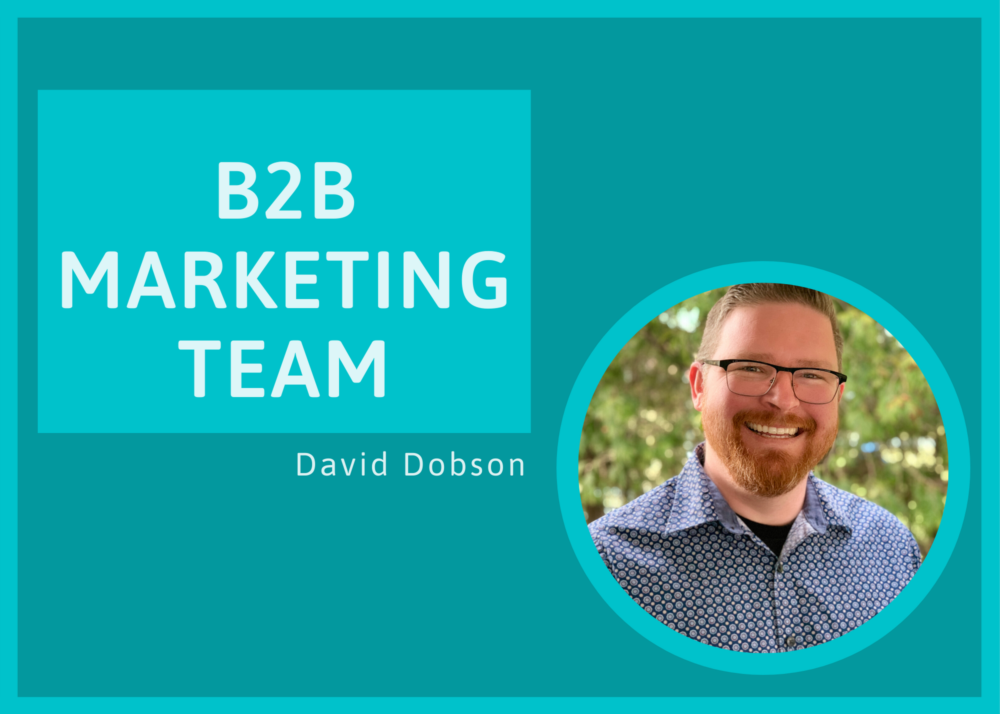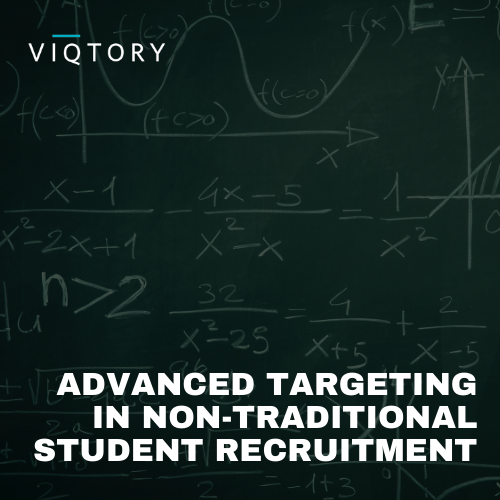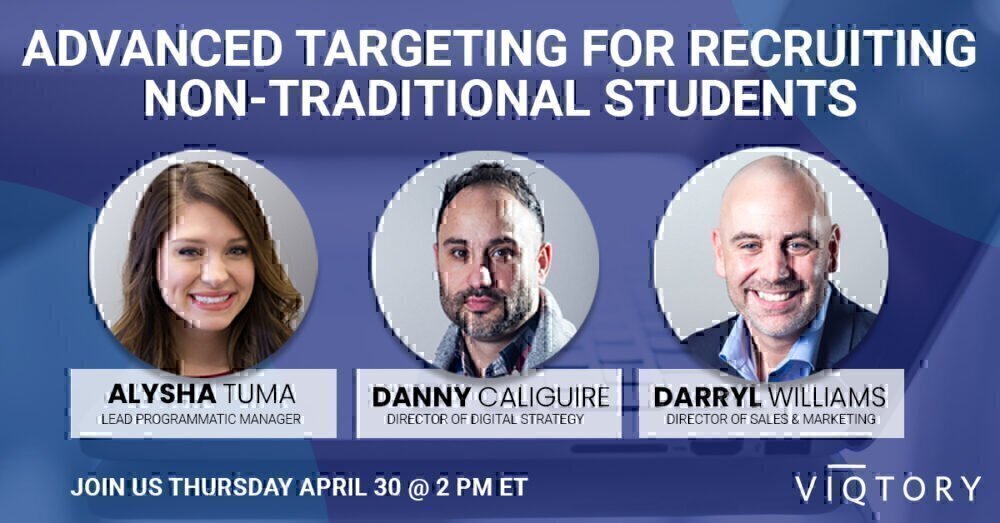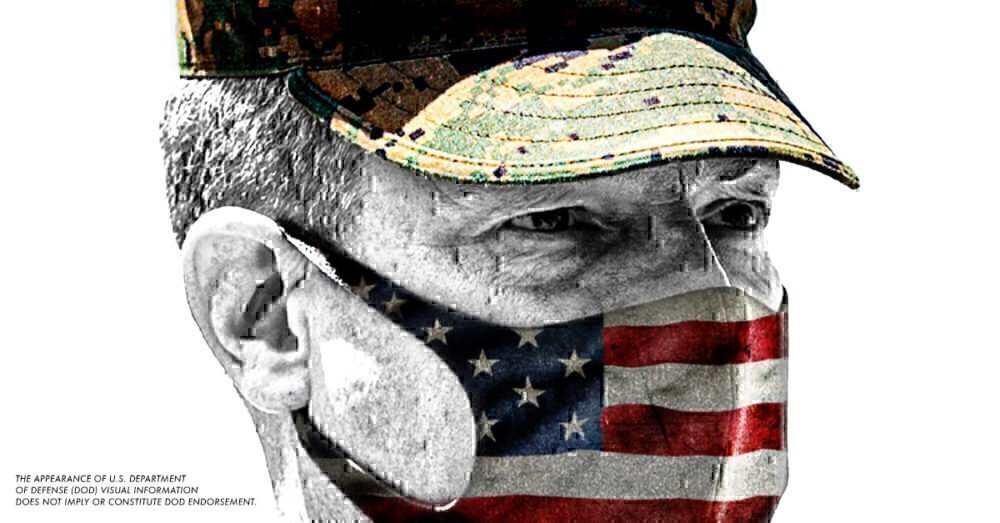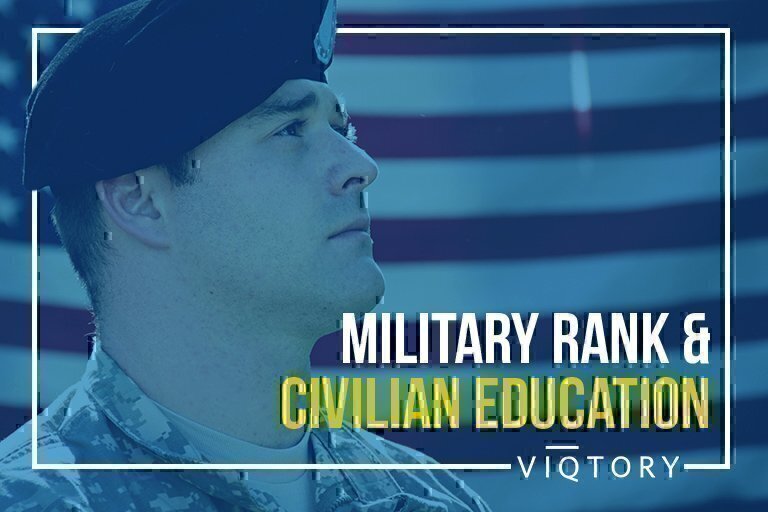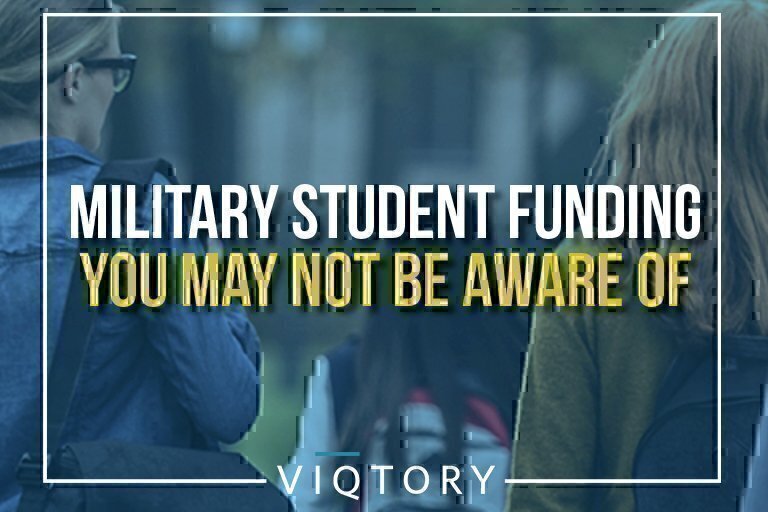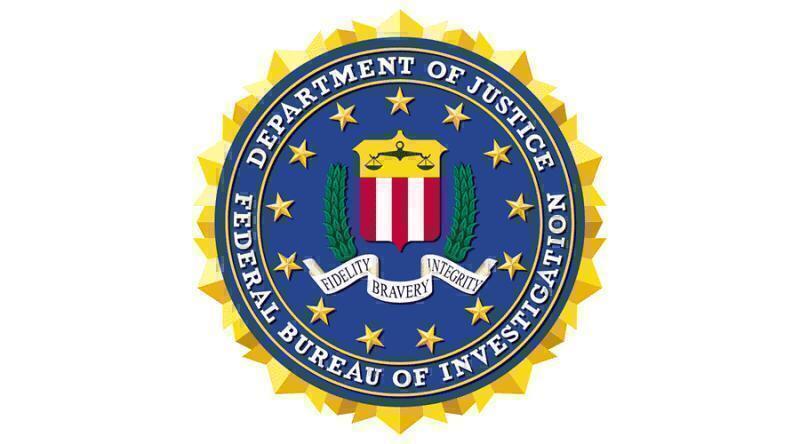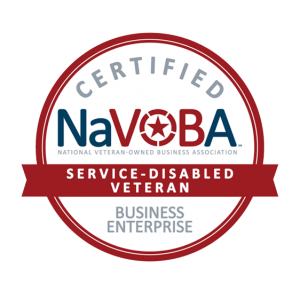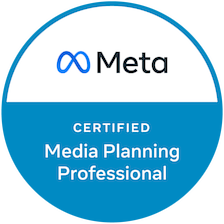In recent weeks, student recruitment needs and processes have rapidly shifted in response to social distancing and self-quarantine mandates. Students aren’t able to visit campuses, have in-person interviews, or attend college fairs, making the decision to choose a school harder than it’s ever been, while making less traditional paths seem all the more enticing.
There’s increasing uncertainty of COVID-19, and the real challenges facing higher-education have yet to come. Moody’s Investors Service, a global integrated risk assessment firm that empowers organizations to make better decisions, has lowered its outlook on the higher education sector from stable to negative as a result of the coronavirus crisis.
In an interview with Science Magazine, Nicholas Christakis, the Goldman Family Professor of Social & Natural Science at Yale University, referred to a 2007 study stating that: “Proactive school closures—closing schools before there’s a case there—have been shown to be one of the most powerful nonpharmaceutical interventions that we can deploy.”
The 2007 study Christakis referenced, “Nonpharmaceutical Interventions During the 1918-1919 Influenza Pandemic,” by the Journal of the American Medical Association, looked at the impact that “nonpharmaceutical interventions,” specifically school closures, had on stemming the influenza pandemic. The study states that if school closures are going to work most effectively, they need to be closed for months, not weeks.
Things may look grim now, but it’s important to keep up your recruiting efforts while showing those potential student applicants that your school is still here, still thriving, and still interested in them. We are here and ready to help your school stay visible and meet your recruitment goals during these unprecedented times.
Here are 5 tips and strategies on how you can weather this storm.
Strategy 1: Drive Online Recruiting and Track Conversions
Schools all over the U.S. have canceled classes, closed dorms, and restricted campus access to help prevent the spread of the coronavirus. Consequently, this means that potential students are not able to attend campus tours, in the traditional manner anyways. Online student recruitment and campus tours are becoming more important than ever before. At this time, however, it’s unclear if video chats and virtual tours will generate the same level of applications and student enrollment as in-person campus tours.
But, almost without skipping a beat, student recruiters are shifting their focus and efforts online in order to reach potential students where they are spending the most time. Today, that is at their homes consuming media across multiple screens—including the big screen in the living room.
Student recruiters and marketers can utilize Addressable Geo-Fencing to drive awareness of their college by targeting consumers at the household-level with mobile, video, and/or OTT/CTV ads. Universities and colleges can target relevant households with ads relating to their schools and programs. Along with attracting potential students, colleges and universities can also leverage Addressable Geo-Fencing to showcase to customers how it’s serving the community during this difficult time.
Strategy 2: Take Advantage of Extended Decision Day
Enrollment will be an issue for many schools, especially the smaller ones. This is the time of year when those interested in higher-education are deciding what to do with their lives moving forward. While traditionally the deadline for students to decide where they are going to attend is May 1st, many schools are now extending the deadline to June 1st.
Take this opportunity to refocus your marketing and advertising efforts to capitalize on the extra time prospective-students will have to decide. Offer them solutions to help make their decision easier.
Strategy 3: Target Non-Traditional Students
Each year, tens of thousands of service members leaving the service, and millions of military veterans with access to the Post 9/11 G.I. Bill are looking for secondary education opportunities. Transitioning service members (TSM) and Post 9/11 veterans are perfect candidates for colleges and universities as they have tuition guaranteed to them. Learn more about Congress’ quick passage of legislation protecting GI Bill benefits.
Military spouses are also eligible to use the GI Bill for their own education. Learn how a well-recognized Division 1 University exceeded their military spouse enrollment goal by 175% by using laser-targeted programmatic marketing.
Strategy 4: Promote Your Veteran Services and Clubs
Make sure that your school’s veteran organizations, services, and clubs are easily found on your website to assist in making your institution all the more appealing to these veterans interested in moving on to higher education.
Strategy 5: Advanced Targeting
At VIQTORY, we are using our Military DSP and first-party data to help our client universities and colleges directly reach the individuals who can help make them thrive.
We are also able to run Targeted Display ads for our clients directly on the devices of these individuals, which will be getting more use than ever due to the fact that everyone is quarantined and they all have more time on their hands than ever.
We also have the ability to create a Geo-fence around as many military bases around the country as you see fit. We are essentially drawing a custom shape around the base as if you were looking at a map. Then, we are serving ads to everyone within that shape on their mobile devices. Even when people leave the fence, we can still show them ads for your institution for up to 30 days.
With our world facing a pandemic and our uncertainty about an end date, many students will decide to attend schools closer to home. Using Geo-targeting, these schools can target the devices of those potential students and serve them ads based on the college or university’s location showing future students that staying close to home is a strong option.
Combine these tactics with our first-party data and other advanced targeting techniques to form a multi-faceted marketing campaign to help you keep your enrollment numbers up and keep your institution running at 100%.
Is your school interested in attracting military veteran students? If so, we can assist in a major way. With over 19 years of marketing experience to the military community, we are assisting schools every day in accelerating their student acquisition funnels utilizing the following methods:
- Communicating to all 250+ military installations through multi channels (over 2.1 million active duty servicemembers!)
- Leveraging 19 years of first-party data to target your desired demographic (a reach of over 12 million!)
- Positioning your school to our registered users on GI Jobs & Military Spouse (over 4 million unique views annually).
Learn how your school can attract students that are committed and dedicated to higher learning.
